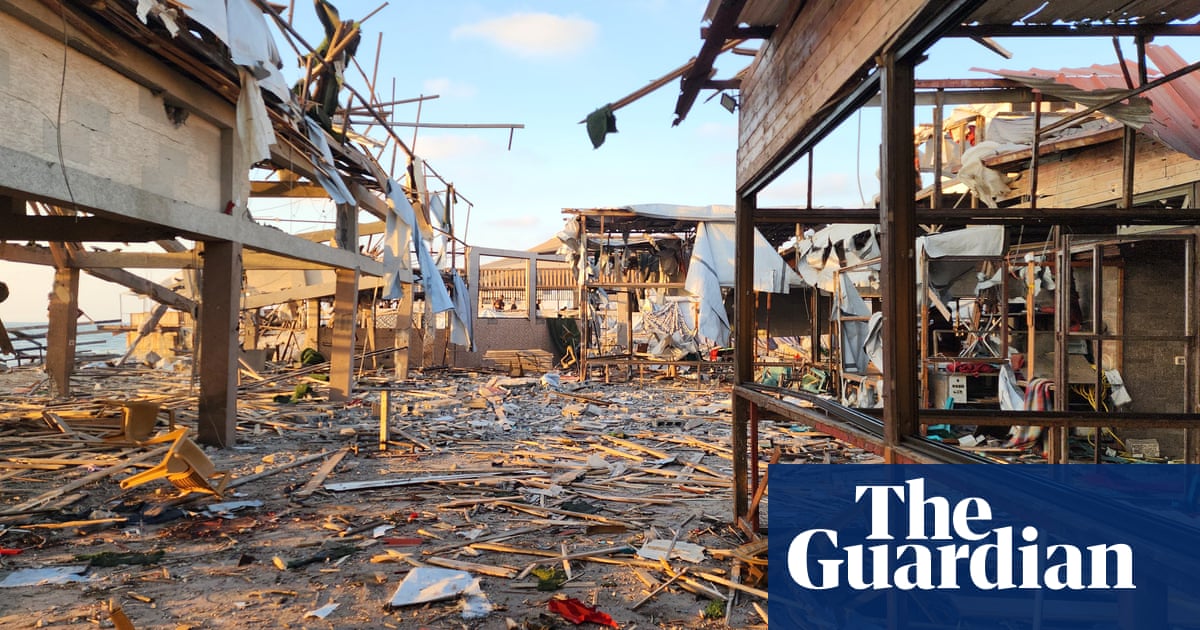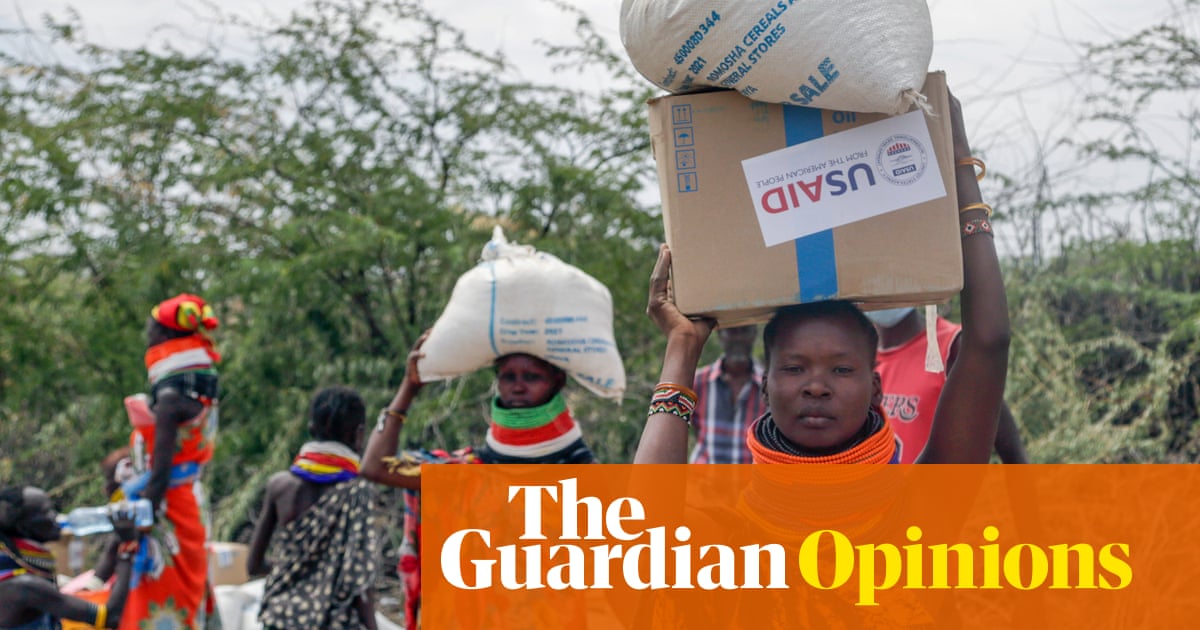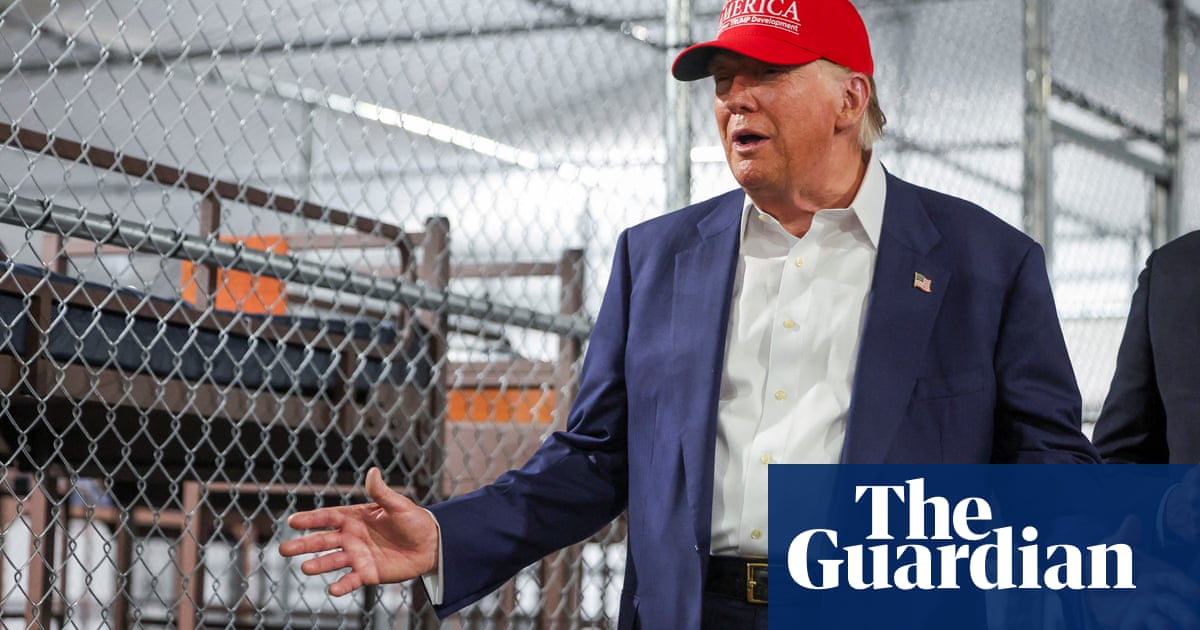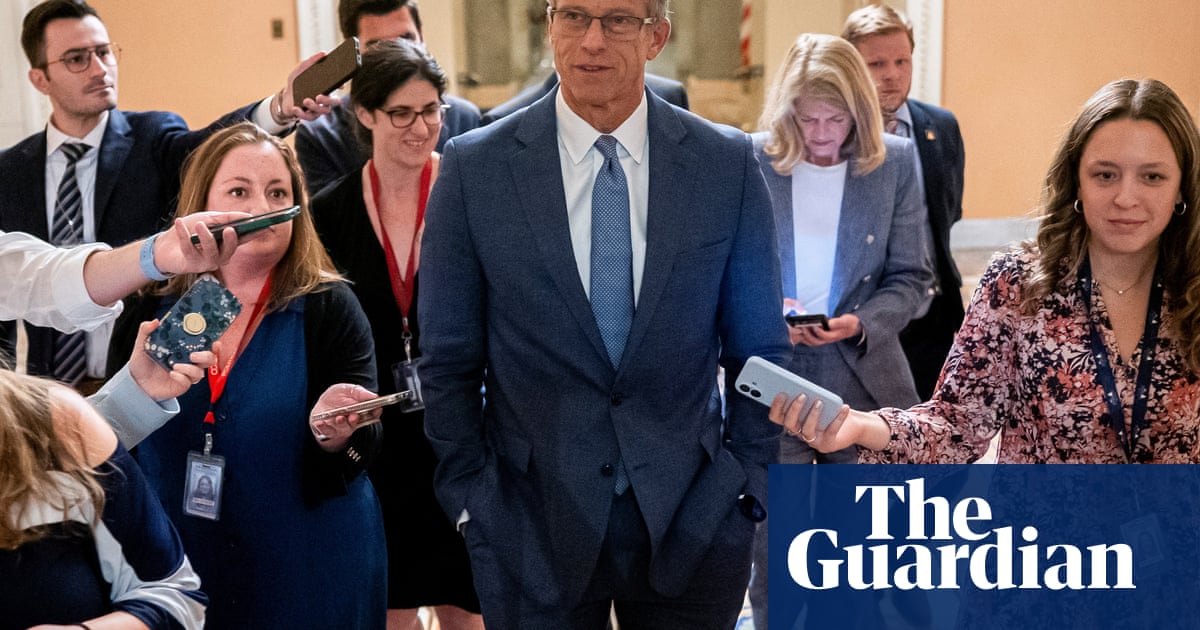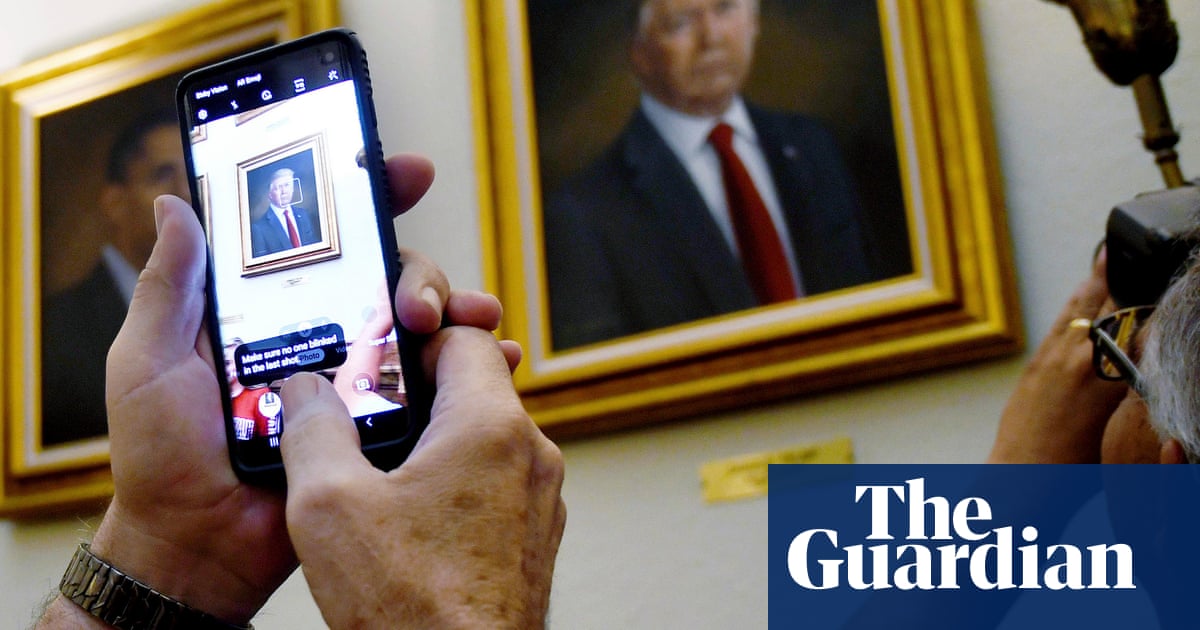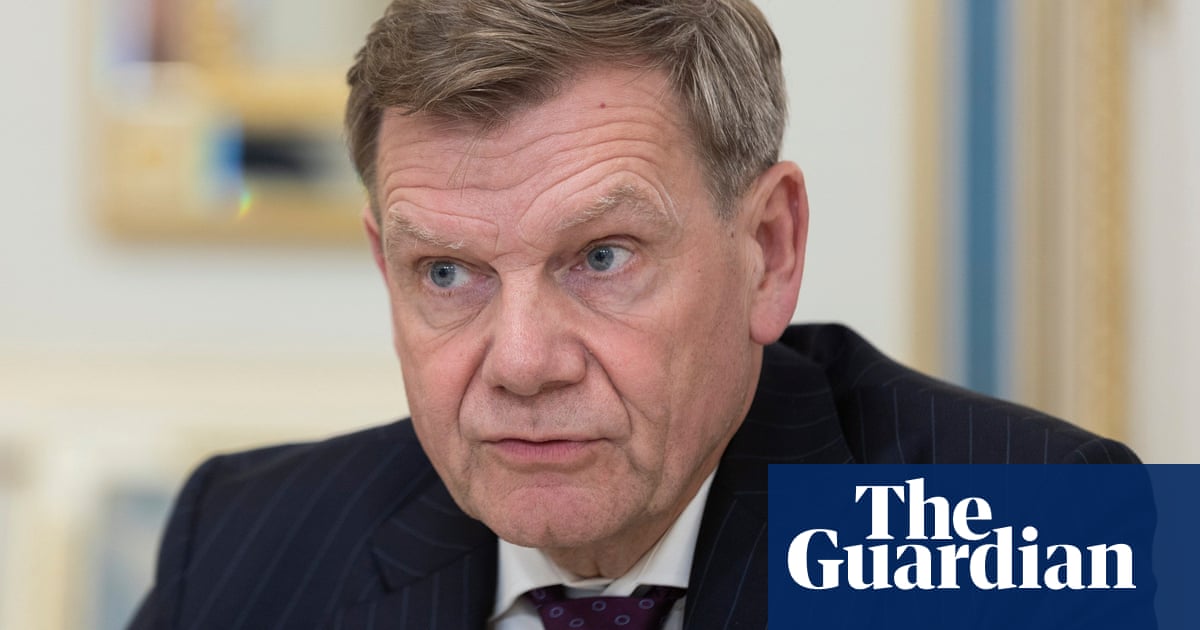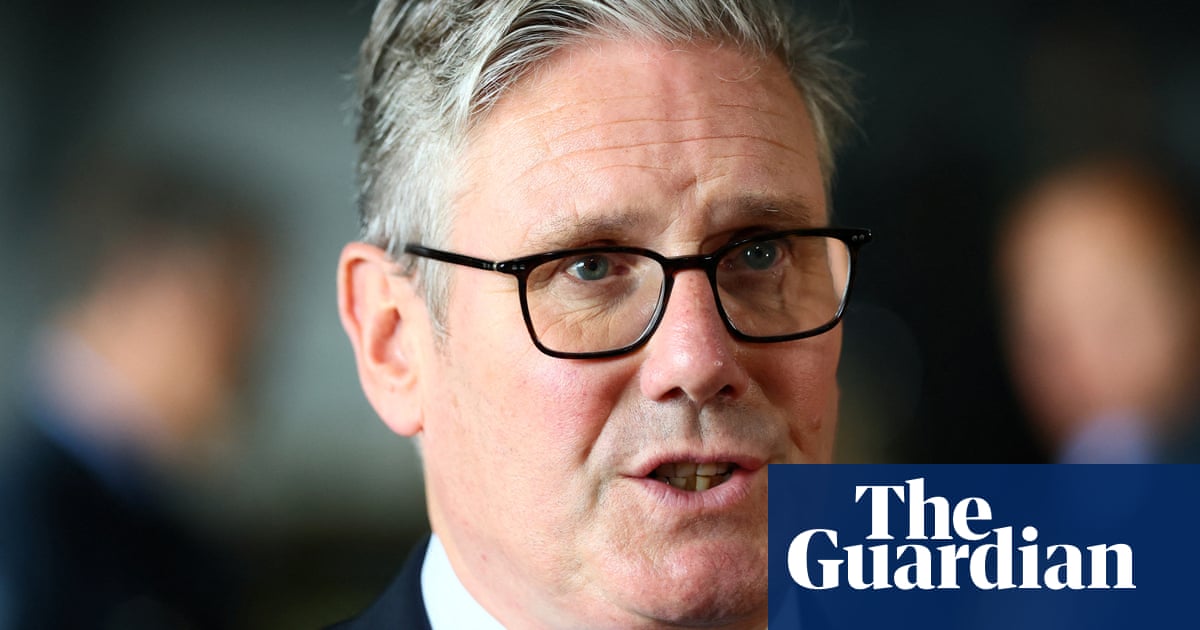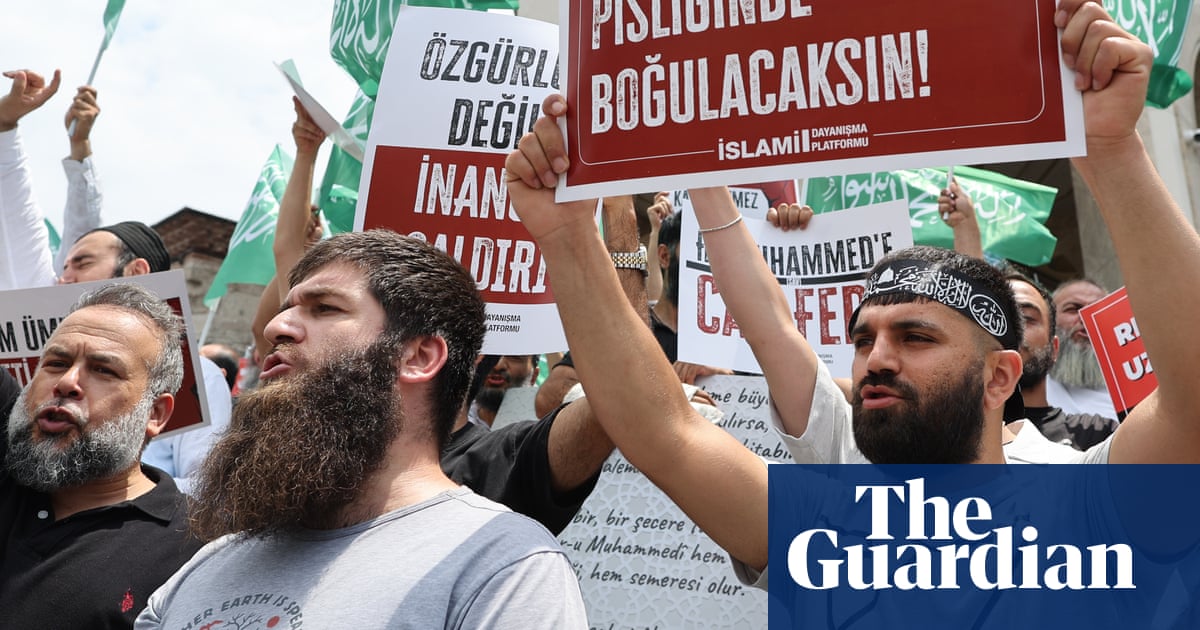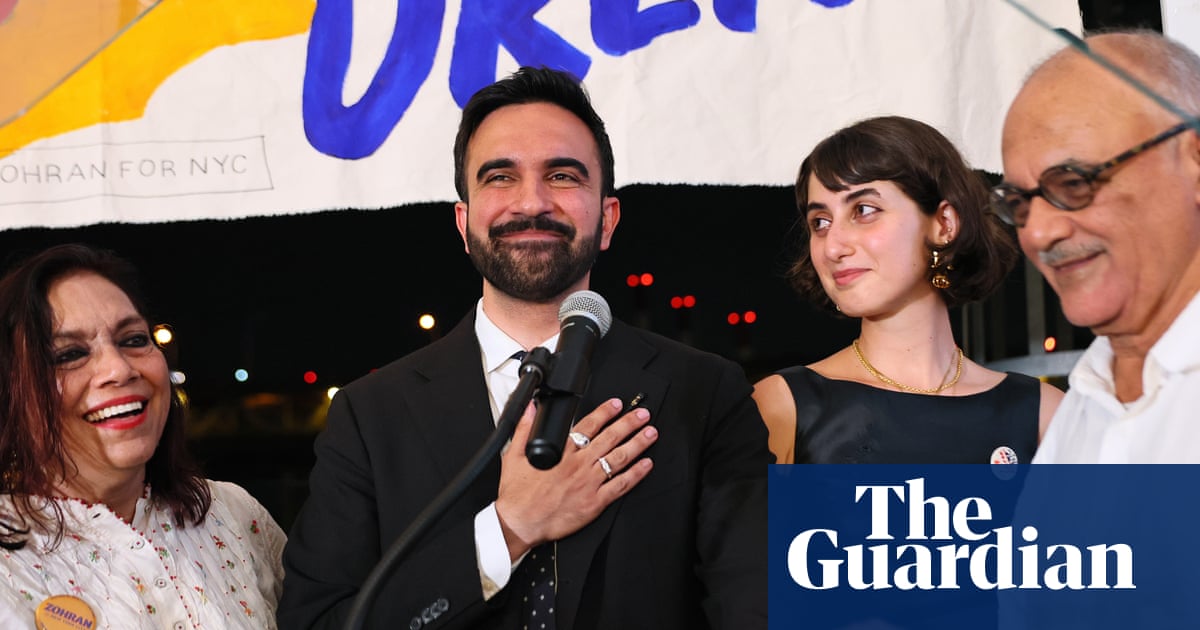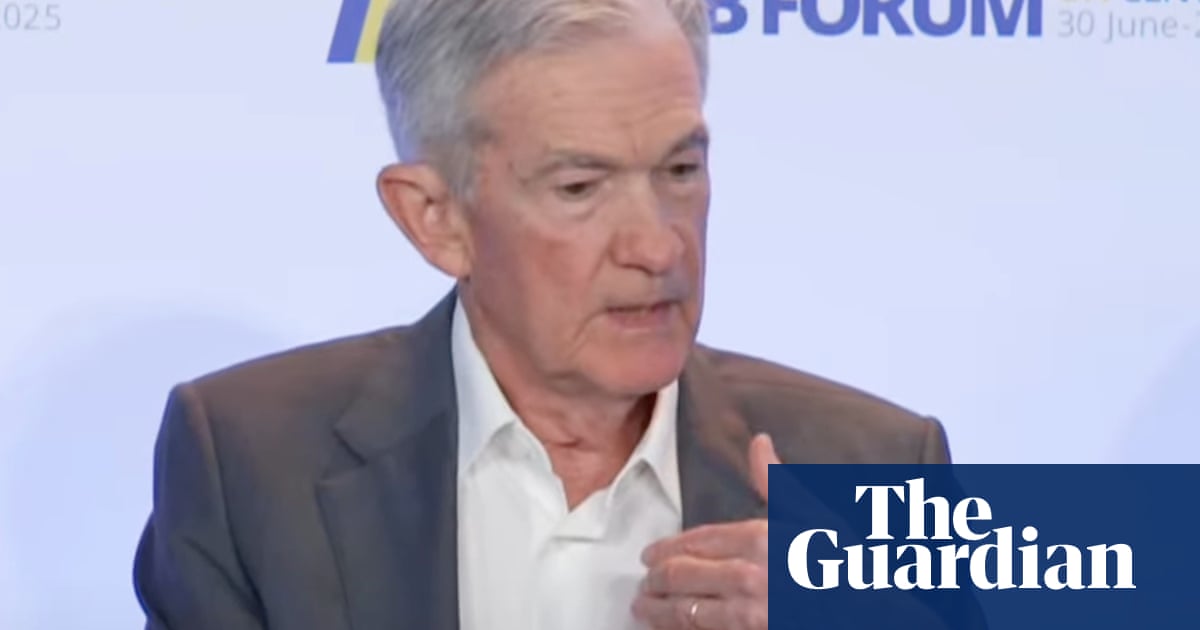Iran is expected to resist a US proposal to transfer its stockpile of highly enriched uranium to a third country – such as Russia – as part of Washington’s effort to scale back Tehran’s civil nuclear programme and prevent it from being used to develop a nuclear weapon.
The issue, seen as one of the key stumbling blocks to a future agreement, was raised in the initial, largely indirect, talks held in Muscat, Oman, between Iran’s foreign minister, Abbas Araghchi, and Donald Trump’s special envoy Steve Witkoff.
Iran is arguing the stockpile, amassed over the past four years, should remain in Iran under the strict supervision of the UN’s International Atomic Energy Agency. Tehran sees this as a precaution, or a form of insurance in case a future US administration withdraws from the agreement, as Donald Trump did in 2018 when he rejected the 2015 deal brokered by Barack Obama.
Tehran says that if the stockpile was to leave Iran and the US pulled out of the deal, it would have to start from scratch in enriching uranium to higher purity – effectively punishing Iran for a breach committed by Washington.
Although the bulk of the exchanges in Muscat were held indirectly between the Iranian and US delegations, with Oman acting as the intermediary, direct meetings between Witkoff and Araghchi also took place.
Giorgia Meloni, the Italian prime minister, has agreed to host the next round of talks on Saturday in Rome, in a move seen as a political gesture by Trump towards Italy. It also serves to marginalise the main European powers in the Iran negotiations, with Oman continuing to act as the mediator. The US vice-president, JD Vance, will also be in Rome over the Easter weekend.
During the initial nuclear talks in 2015, Italy felt it was excluded from the process, with France, Germany and the UK – the so-called “E3” – representing European interests at the talks.
Mohamed Amersi, of the Foreign Policy Research Institute, said: “Meloni is an interesting choice since Meloni seems to be the European leader that has the best personal line to Trump, more than France, Germany and the UK. If Italy hosts the meeting it begs the question of the future role of the E3 in the US-Iran dialogue.”
Iran is negotiating under the threat of not just further sanctions but a potential military attack on its nuclear sites by the US.
With the Iranian economy in decline, Tehran is eager to attract direct investment by lifting US sanctions. Discussions have already started on potential insurance options for companies looking to invest in Iran, in case of a further breakdown in US relations. After the 2018 withdrawal and the imposition of sanctions on foreign companies trading with Iran, the EU was unable to devise a viable way of protecting businesses that wanted to invest in Iran.
Trump has so far excluded other aspects of the US-Iran relationship from the talks, such as Tehran’s “destabilising regional behaviour”, a decision that has confounded both Israel and anti-regime hawks in Washington. The US may seek some form of Iranian assurance that it will not use its influence to interfere in the sovereignty of other states. Iran, however, argues it is Israel making land grabs in Syria, Lebanon and Palestine.
Iran’s influence in the region has been weakened by the fall of the Syrian dictator Bashar al-Assad, Israel’s assaults on Hamas in Gaza and Hezbollah in Lebanon, and US attacks on Yemen. Iran’s oil export fleet is also facing increasing sanctions pressure from the US president.

 2 months ago
72
2 months ago
72


